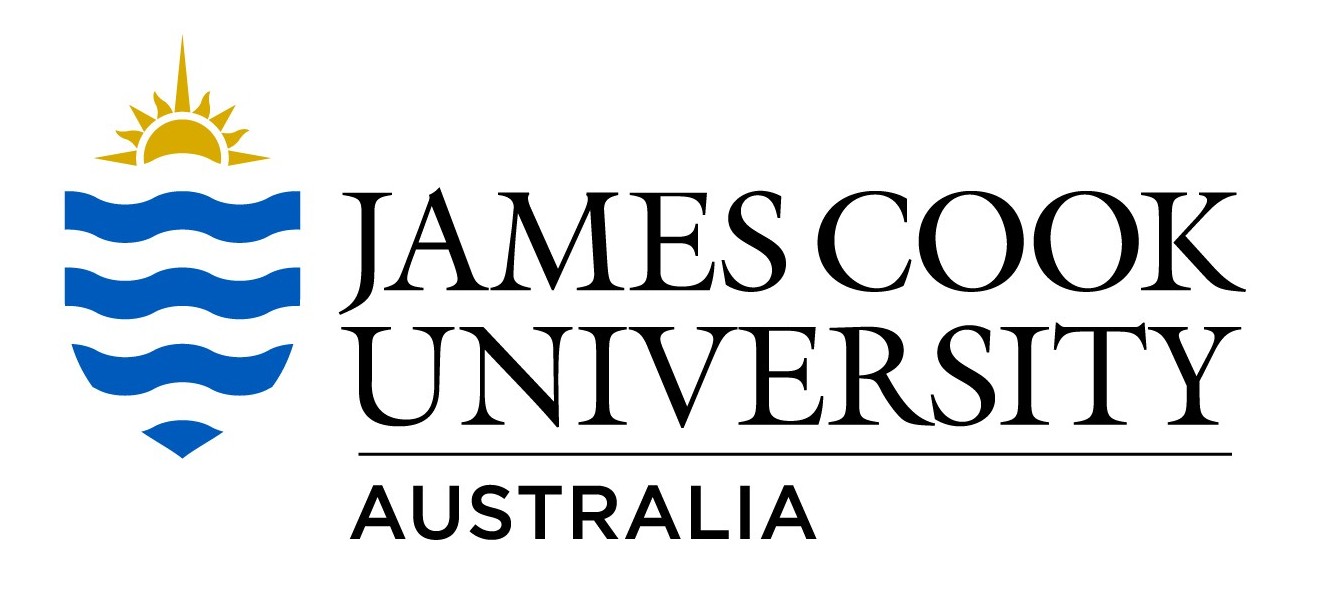Australia
If you’re thinking
about going to study in Australia, here are lots of things you should know. Our
recommendations outline how to go about studying as an international student in
Australia, from applying for a course and visa, through to finances and general
tips for living down under.
1. Know When to Apply
If you are keen on the
idea of studying in
Australia aim to apply to universities several months before
the school term begins, so you have time to apply, be accepted, and get
everything else organized. Generally, Australian universities split their
academic years into two semesters of about four months each.
The first semester
runs from February to May. The second semester runs from August to November.
You can find out the application deadlines and start dates from individual
university and college websites.
2. You’ll Need a Student Visa
An academic stay of
any more than three months in Australia is done on a student visa. These are
quite easy to get after you’ve been accepted into your course, depending on
which country you’re from. You can apply for one online. You’ll need to supply
certified copies (stamped copies by an authorized person) of important
documents, such as the letter of offer from the course provider.
3. You Have Options for Where to Study
At approximately
7,700,000 sq km, Australia is one of the largest countries in the world – and a
continent in itself. As such, there’s variety in the environments where you
can study abroad.
You can choose to attend a university or college in an urban environment or a
rural one.
Feel free to compare
universities and look beyond just Melbourne and
Sydney (which tend be more expensive places to study). You can also choose
whether you want a school that’s by the coast or in the country.
4. Financial Aid Opportunities are Limited
Financial aid for
international students at Australian universities is limited compared to
American and Canadian institutions. While it might be worth applying for
scholarships, realistically, you should expect to cover all costs yourself.
5. You Can Work While Studying
A student visa
entitles you to work in
Australia, for up to 40 hours per fortnight. International students
can take advantage of this, though competition for jobs when schools are not in
session is quite high. Part-time jobs for students are rewarding since
Australia has one of the highest minimum wages in the world. You might also
want to consider volunteering in
Australia which can be a rewarding experience in your spare
time.
6. Living Costs are High
Life is quite
expensive in Australia, on top of significant tuition fees especially compared
to going to study in New
Zealand for example. The cities of Sydney and Melbourne almost
always have a spot in many 'Most Expensive Cities' lists. Studio apartments in
Australia cost as much as two bedroom apartments in many other countries. Meals
and travel expenses are also relatively expensive compared to many other
countries. Make sure that you have adequate financial backing to live
comfortably in Australia.
7. Forget the Stereotypes
Crocodile Dundee and
many Hollywood movies have gone a long way in giving people stereotypes about
Australia. To adapt to life in Australia quickly, you’ll need to learn the real
country. For starters, you’ll not always meet kangaroos on your way to school
and do not call every girl you meet 'sheila'. You can, however, say 'g’day
mate' to everyone you meet on the streets. Most local people you encounter will
be very friendly and helpful.
8. Sightseeing During Term Breaks
Many international
students who plan on travelling in
Australia schedules such trips almost as soon as they land in
the country. It’s advisable to plan such trips at the end of the semester.
During this time, you will have met friends who plan on doing the same.
Travelling in groups is always less expensive and more fun than travelling
alone. You might also want to search group tours of Australia where
you can visit multiple destinations in the country.
9. Read Up on Road Rules
International students
in Australia may choose to hire cars over school holidays to travel across
parts of the country. You can, however, find yourself on the wrong side of the
law for violating traffic rules. One of the first things that you should know
is that Australians drive on the left side of the road. Also, driving while
using your mobile phone is disallowed. You may also want to avoid driving in
the country at dusk, dawn or even in the middle of the night. Many
animal-related accidents occur on Australian roads every day.
10. Learn the Grading System
Australia has a unique
academic grading system. Do not panic when you get a ‘D’. That's actually a
very good grade by Australian standards. Many Australian universities grade
their tests as HD (high distinction), D (distinction), C (credit), P (pass) or
F (fail).










